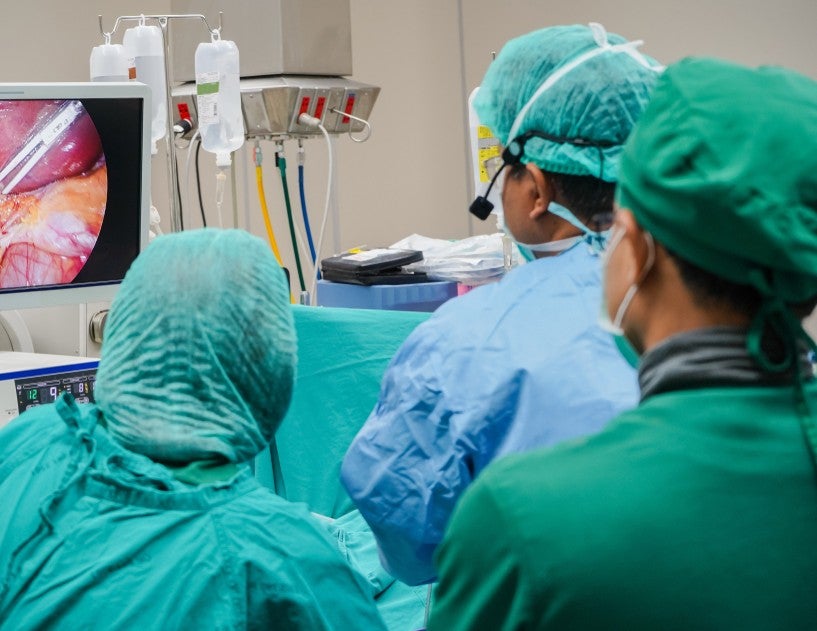
Effective communication is the foundation of patient safety in the modern surgical environment. Most surgical procedures depend on seamless collaboration among surgeons, nurses, surgical technologists, and anesthesiologists, and when communication breaks down, patient risk rises sharply. In 2024, the American College of Surgeons reported standardized surgical handoffs improved adherence to…

Editor's Note Surgery and advanced implantable devices can give patients with drug-resistant epilepsy a far greater chance of seizure freedom than medication alone, UCSF News September 25 reports. While about 30 anti-seizure medications exist, one-third of patients do not achieve seizure control, and fewer than one in five seek care…

Editor's Note Remote perioperative monitoring (RPM) accelerates recovery and reduces complications following major cancer surgery, according to a randomized trial published on August 28 by npj Digital Medicine and co-authored by researchers at the University of Miami Miller School of Medicine. The study enrolled 293 patients undergoing major abdominal or…

Editor's Note The American Medical Association (AMA) has released the 2026 Current Procedural Terminology (CPT) code set, introducing 288 new codes that capture emerging technologies and modern care delivery models, the association announced on September 11. In total, the update includes 418 changes: 84 deletions, 46 revisions, and the newly…

Editor's Note A simple adjustment to walking style can relieve osteoarthritis pain as well as medication and may delay the need for knee surgery, according to a year-long clinical trial published in The Lancet Rheumatology and covered by The Independent on August 18. As detailed in the article, University of…

Editor's Note Consumer wearables can help detect surgical complications in children days before formal diagnosis, according to a July 9 article from the Feinberg School of Medicine at Northwestern Medicine. The article focuses on a study published in Science Advances and led by researchers at Northwestern University, Shirley Ryan AbilityLab,…

Editor's Note Telemedicine is rapidly becoming the standard for postoperative care, offering patients a safer, more convenient recovery experience without compromising clinical outcomes, according to an April 28 report in the Los Angeles Times. The outlet emphasizes that virtual consultations and remote monitoring are no longer just alternatives to in-person…

Editor's Note A wearable smart t-shirt that remotely monitors vital signs helped patients go home earlier and feel safer after robot-assisted urological cancer surgery, according to a March 21 article in Medical Xpress. The article details a pilot study, presented at the European Association of Urology Congress in Madrid, Spain,…

Editor's Note With 2024 concluded, orthopedic surgeons and surgical leaders are poised to leverage new technologies while addressing challenges in autonomy and value-based care in 2025, Healio December 17 reports. Ambulatory surgery centers (ASCs) have proven critical in providing cost-effective, patient-centered care, the author noted, highlighting that physician-led ASCs showcase…

Editor's Note In a recent study, lung cancer patients using wearable devices showed significantly improved postoperative physical activity and pulmonary function as well as reduced symptoms such as dyspnea and pain. Published September 20 in Jama Network Open, the study compared 74 patients in the intervention group (who used wearable…